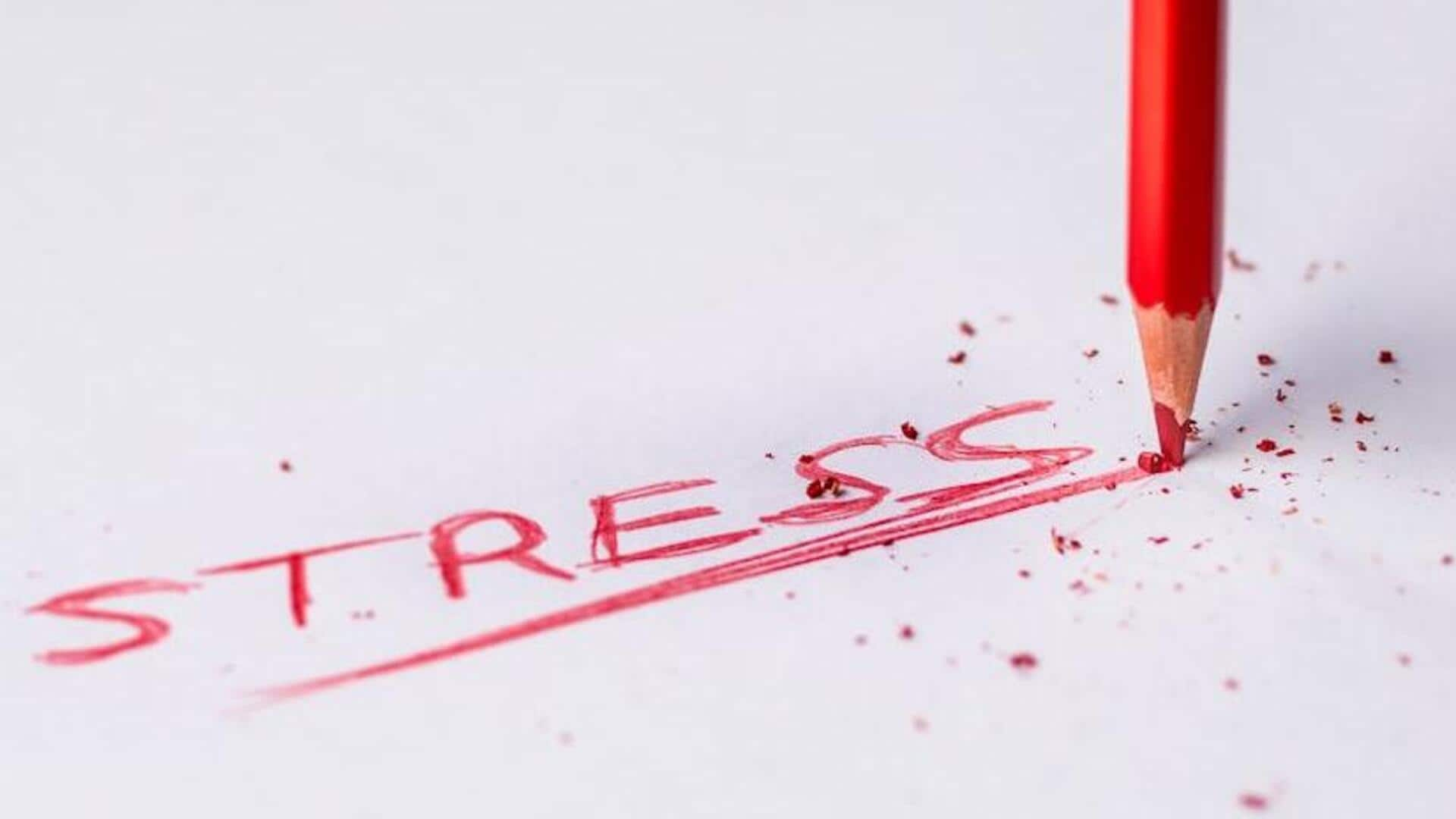
Developing effective stress-management techniques
What's the story
Stress is an inevitable aspect of life, impacting everyone from students to working professionals. Managing stress effectively is vital for maintaining mental health and overall well-being. This article explores straightforward yet effective techniques for stress management that can be seamlessly integrated into daily routines. Understanding and applying these strategies can help individuals manage stress more efficiently, leading to a healthier, more balanced lifestyle.
Identification
Identify your stress triggers
Identifying your stress triggers is essential for effective management. Start by keeping a journal for one week, noting when you feel stressed. Look for patterns in these moments. Are they caused by work deadlines, social situations, or financial concerns? Recognizing these triggers allows you to develop targeted strategies to manage them, making this first step critical in your stress management journey.
Mindfulness
Practice mindfulness and meditation
Mindfulness and meditation are effective in significantly reducing stress levels. By dedicating 10 minutes each day to sit quietly and focus on your breathing, or by engaging in guided meditations through apps or online platforms, you can center your thoughts. This practice is instrumental in diminishing the intensity of stress responses, making it a valuable tool for stress management.
Physical activity
Exercise regularly
Physical activity is a powerful stress reliever. It doesn't need to be intense; a daily 30-minute walk can significantly boost endorphins, enhancing mood. This exercise also betters sleep quality, often impacted by stress. Such activities are crucial for managing stress, offering a simple yet effective way to improve overall well-being without requiring extensive time or resources.
Boundaries
Establish healthy boundaries
In today's world, where work and personal life often blend, setting healthy boundaries is crucial. It's important to learn the art of saying no when feeling overwhelmed and to ensure you take regular breaks during your day. Establishing these clear boundaries is key to preventing burnout, keeping stress at manageable levels, and maintaining a balance between professional and personal life.
Support
Seek support when needed
Discussing stress can offer significant relief and new perspectives. Reaching out to supportive friends, family, or seeking professional help when needed is beneficial. Recognizing that seeking support is a sign of strength, not weakness, is crucial. This approach helps lighten your emotional burden and provides you with effective strategies for managing stress. It marks it as an essential step towards improved mental health.